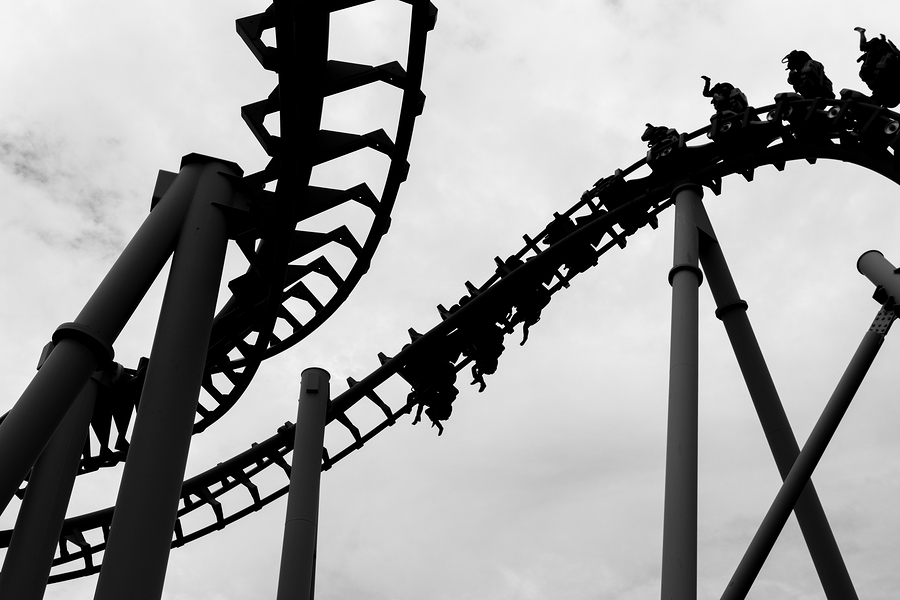
People who are diagnosed with bipolar disorder experience two very distinct conditions for certain periods of time. The mania and depression that accompany bipolar disorder can lead to physical and mental changes that are difficult for the person to control. During the manic phase, people with bipolar disorder can have hormonal changes and a type of adrenaline rush that causes them to behave erratically.
In a period of mania, the individual will feel excited and optimistic with more energy than usual. The adrenaline that they experience during the manic phase can cause them to talk rapidly, find it difficult to focus and control themselves. They may begin to engage in risk taking behavior and act impulsively going on shopping sprees or putting themselves in dangerous situations.
After going through the constant adrenaline rush of mania, someone with bipolar disorder will eventually start to enter a period of depression. A sudden withdrawal of stress hormones and the loss of adrenaline causes the individual to crash and become more lethargic, depressed and hopeless. During the depression phase, people with bipolar disorder may sleep more and have trouble accomplishing tasks or even getting out of bed in some cases.
Phasing in and out of mania and depression can take its toll on a person’s health as they go through different stress and adrenaline levels that affect them physically and mentally. Medication for bipolar disorder can help reduce some of the symptoms of mania and depression so that they don’t interfere with the individual’s life. Cognitive behavioral therapy can also have a positive impact on stabilizing the person’s mood and helping them cope with triggers that could cause an episode.
With treatment, eventually bipolar disorder will cause less extreme mood swings and they can minimize the adrenaline rush of mania followed by the crash of depression.